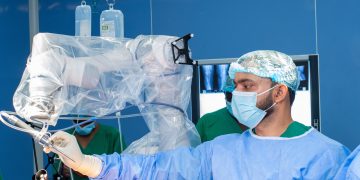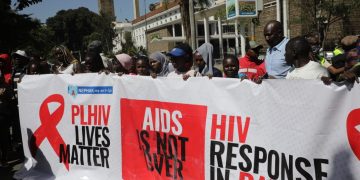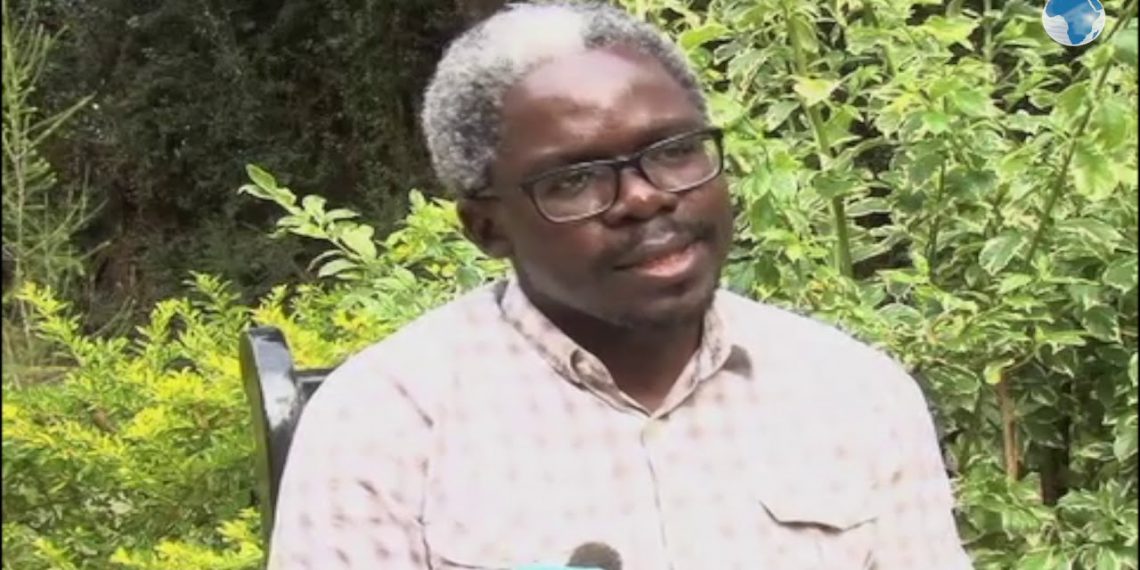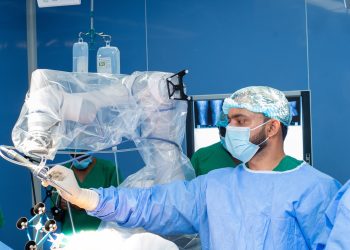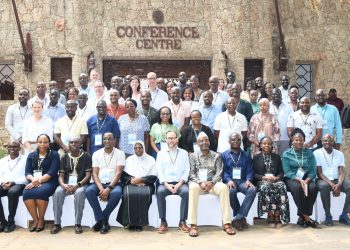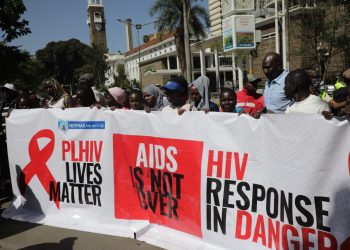By Samwel Doe Ouma@samweldoe
Kenya Medical Association has called for establishment of a Health Service Commission (HSC) to improve and manage human resource for health, help in equitable distribution of healthcare workforce and remuneration of health workers.
Prof Lukoye Atwoli, Vice President of Kenya Medical Association (KMA), reiterated that Universal Health Coverage (UHC) must be tax funded, public led and aimed primarily to improve health service delivery in the country.
He said this will only succeed through creation of a commission to manage human resources.
“Healthcare workforce is diverse and scarce, and distribution is a challenge so it should not be left to market forces,” Prof Atwoli said adding that “Kenya faces a critical shortage of doctors in rural and underserved areas.”
Health workforce has been identified as one of the most important resources to achieve effective health services and universal health coverage. However, he said there is a shortage and inequitable distribution of health workforce in many counties with greater scarcity in counties where it is required most.
He explained that the mandate and powers of the proposed Health Service Commission (HSC) would be to ensure provision of equitable and quality health care, advise the government on matters relating to health service delivery, health professions, set and review standards of education and training of health workers.
In addition, the commission will also register, recruit, transfer and promote, discipline and terminate health workers.
The Commission, he explained, will release the ministry responsible for health to focus on formulation of policies, standards, guidelines and regulations while the commission focuses on health service delivery.
Prof Atwoli explained that the creation of Health Service Commission will also help in ensuring provision of highly skilled and motivated workforce with the right attitude towards the delivery of qualitative health care service.
It will also help in addressing frequent industrial action by health workers by providing a single avenue to negotiate payment and welfare issues.
Addressing these issues can motivate doctors and prevent loss of doctors through voluntary turnover leading to better retention.
The health service commission will be reinforced by centralised funding and an emphasis on shared values such as equitable access, universality and comprehensiveness, as well as by professional conformity and common standards or conditions of service delivery.
“We say this with respect to the fact that the people in this sector work very unpredictable hours and have got very unique and interesting characteristics in the way they deliver their service. So if there’s a commission that particularly addresses their issues, like there’s a Teacher’s Service Commission, then it’s perhaps easier to understand and isolate some of these things that will hamper proper service delivery,” Prof Atwoli said.
The commission’s functions would also include assigning and transfer of public health workers to public hospitals or health facilities according to needs.
The disparity of healthcare workforce in the 47 counties hampers the devolution of health services in the country
Explaining the reasons for the shortage, KMA said many doctors opt for further studies after completing their training or prefer to join the private health sector due to its higher pay scale.
The essential pillars defined by the World Health Organization includes efficient healthcare system, a financing strategy, a well-motivated, well-trained and efficient workforce, and access to essential medicines, vaccines and technologies.
“Creation of HSC will create a harmonized labour environment where we can soberly discuss issues with government concerning unfair remuneration and compensation for workers; inequitable distribution of health workers leading to poor staffing; poor training hence shortage of specialists as recommended by WHO,” he said.
Currently, health care workers in the public health facilities are regulated under the Public Service Commission (PSC). The functions and powers of the PSC and the proposed HSC are significantly different.
Devolution of health services as outlined in the fourth schedule of the Constitution means healthcare provision is a shared function between the National and the County governments.
The public health delivery system in Kenya is done through six tiers. Tier one Community healthcare (CH), Primary healthcare (level two to three) referral hospitals level four and five) and level six.
According to the constitution all level one to five are the responsibility of the county government while level six are responsibility of national government together with the ministry of health employees.


